Economic policy instruments for a circular economy
The world’s first road map to a circular economy was prepared for Finland under Sitra’s leadership. Now we are searching for tax and aid policy instruments that can be used to support this transition.
What is it about?
Closed project (2018-2019)
We are moving towards an era in which we cannot increase well-being in societies by mass producing more and more goods. A transition to a circular economy is necessary for the well-being of humans and the environment. In a circular economy, consumption is based on the use of services instead of owning things. Materials are not lost at the end of their useful life but are used to make new products over and over again.
We are facing a fundamental change in the way our society operates. And it’s not just about recycling, we need to embed circular thinking in the production of raw materials, the processing of materials, the manufacture of products, distribution, trade and consumption.
Many of today’s economic policy instruments support an economically unsustainable linear economic system and slow down the transition to a circular economy. Changing the course of the economy towards business models, innovations and product development that support a circular economy requires tax policy reform.
This project studied the ways to promote the transition to a circular economy through tax and aid policy by shifting the focus from the taxation of work to the taxation of the consumption of natural resources and the burdening of the environment.
What did we do?
During 2018, the project explored and compiled the best European economic policy instruments and practices for promoting a circular economy. The project also analysed and modelled the effects and opportunities brought to Finland by an ecological tax shift, as well as produced a scenario of how a shift in the focus of tax and aid policy could best promote a circular economy in Finland.
We searched for answers to the following questions.
- What would happen if the tax and aid policy was changed to promote a circular economy?
- What kinds of resource and environmental taxes should be introduced in Finland?
- How could the accumulated tax revenue be recycled through the easing of the taxation of labour or other taxation so that it accelerates the achievement of the goals of a circular economy?
- How would this change in tax and aid policy affect the economy, employment, the consumption of natural resources, emissions and the environment?
Who was involved?
Green Budget Europe (the consortium leader) was in charge of implementing this project together with the Ex’Tax project and the Institute for European Environmental Policy (IEEP). Cambridge Econometrics created a model for assessing the effects of the shift in the focus of taxation.
Where are we now?
The project was launched in January 2018. The project’s interim results were discussed in a workshop held in June and the final report was completed in December 2018.
What have we achieved?
The project has identified economic policy instruments that support a circular economy and opportunities for changes in the focus of tax and aid policy.
Contact us!
Would you like to know more?
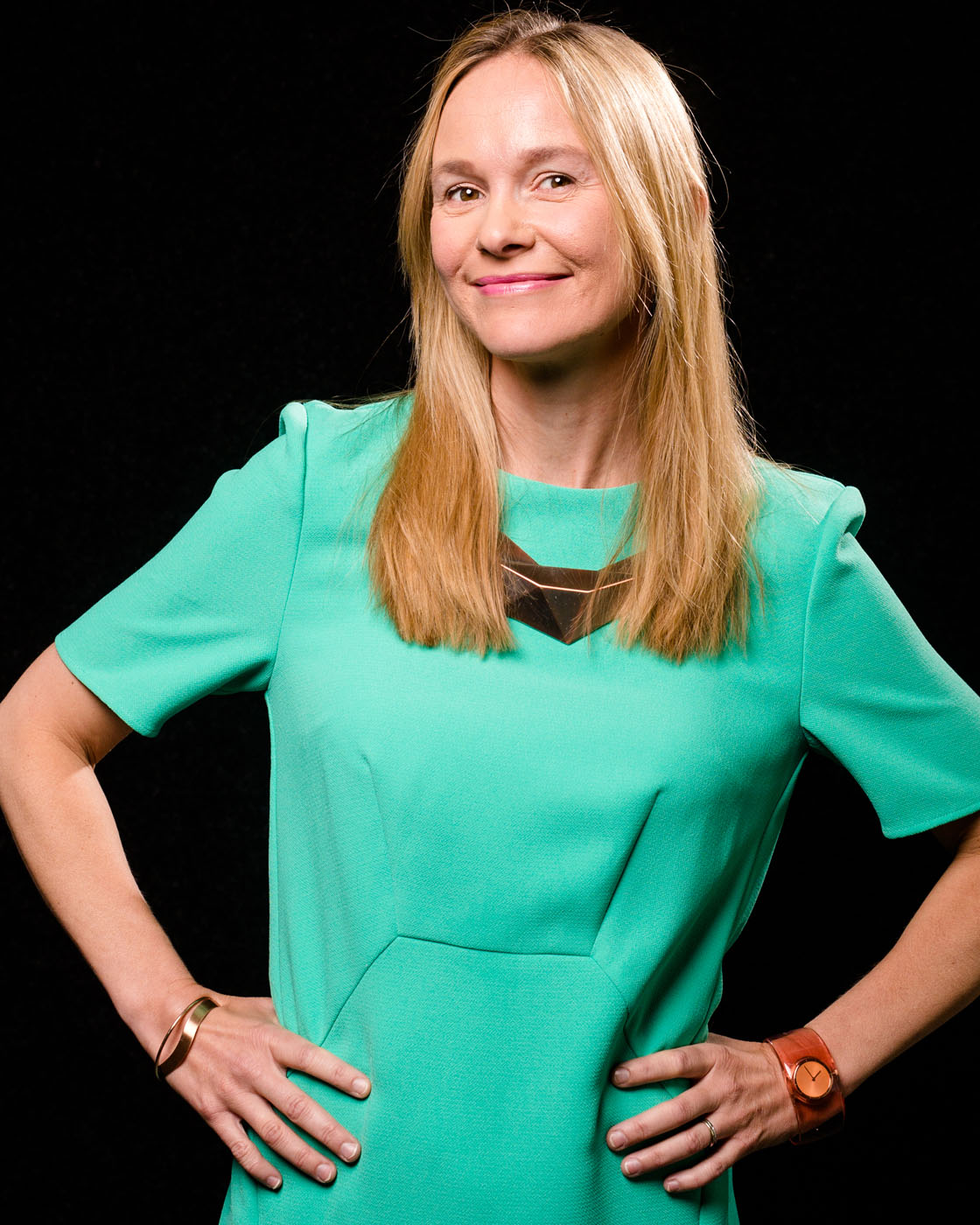
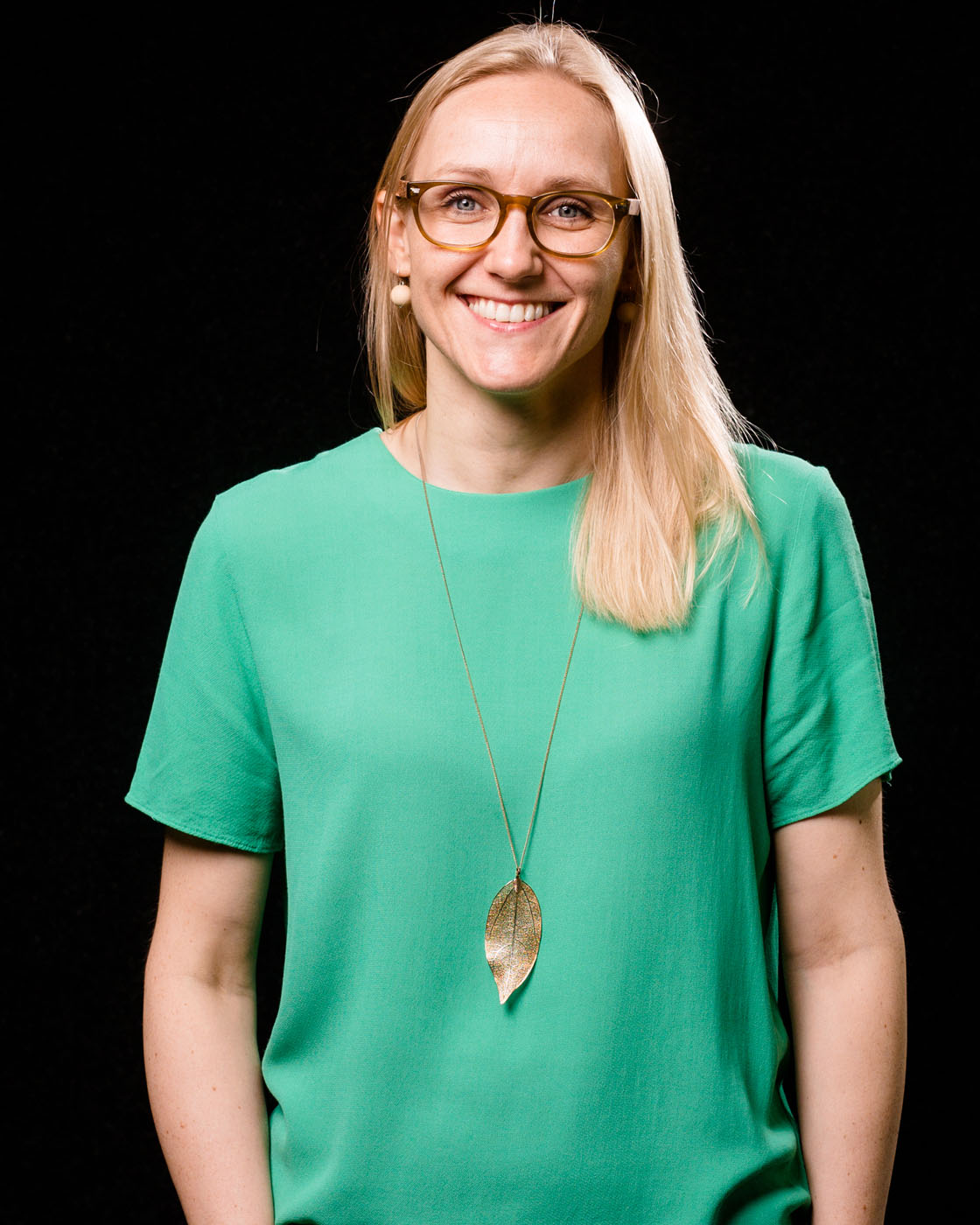
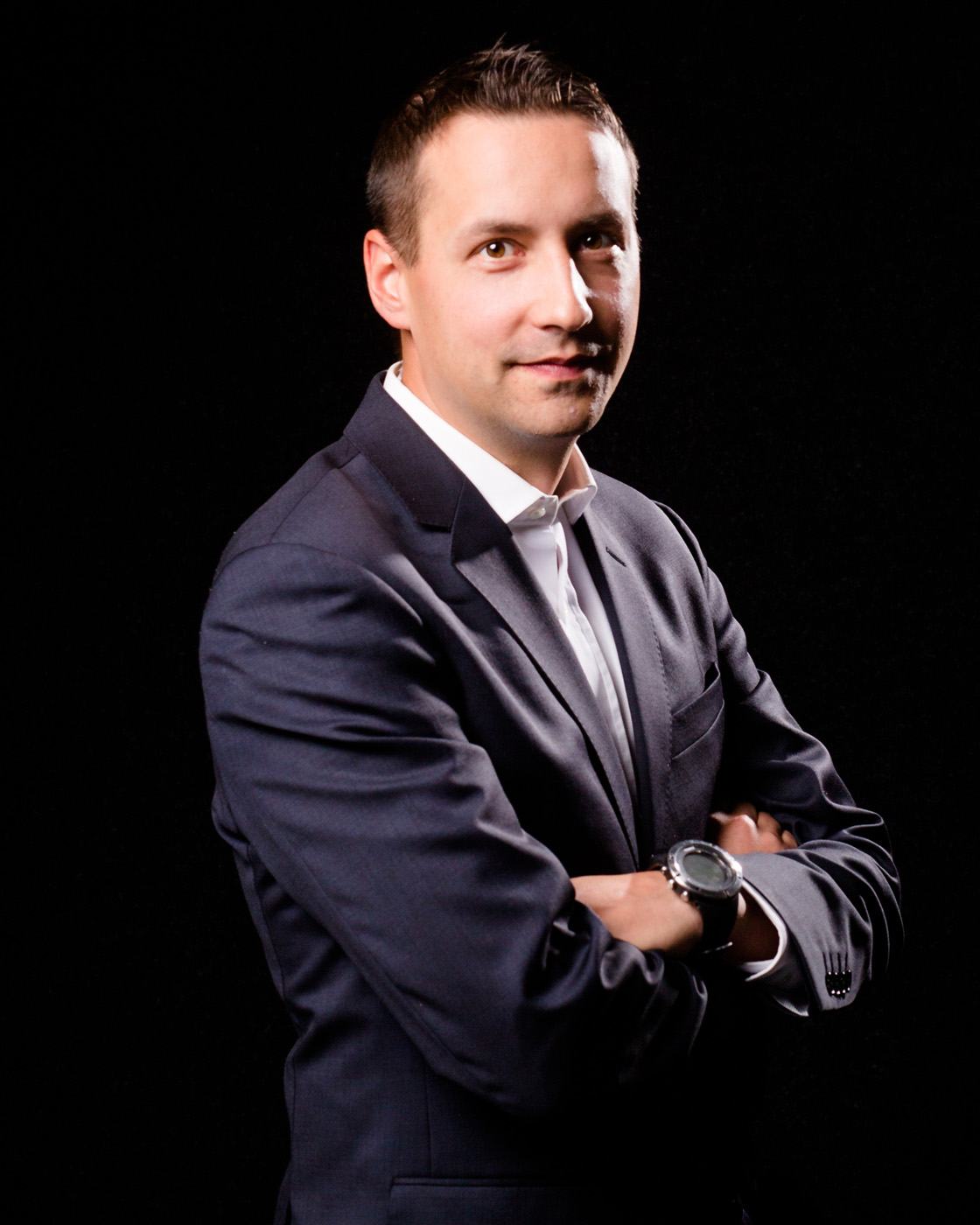
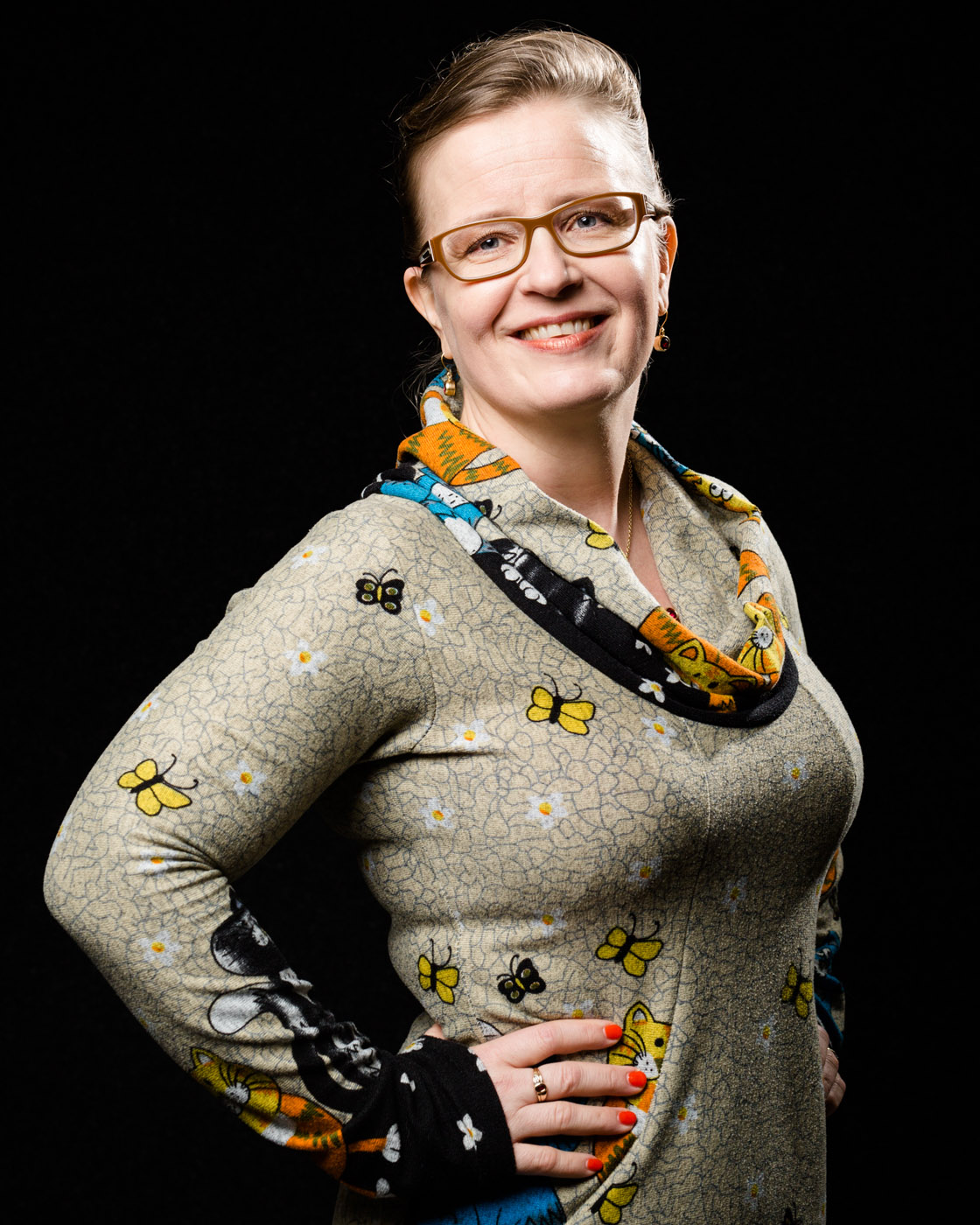
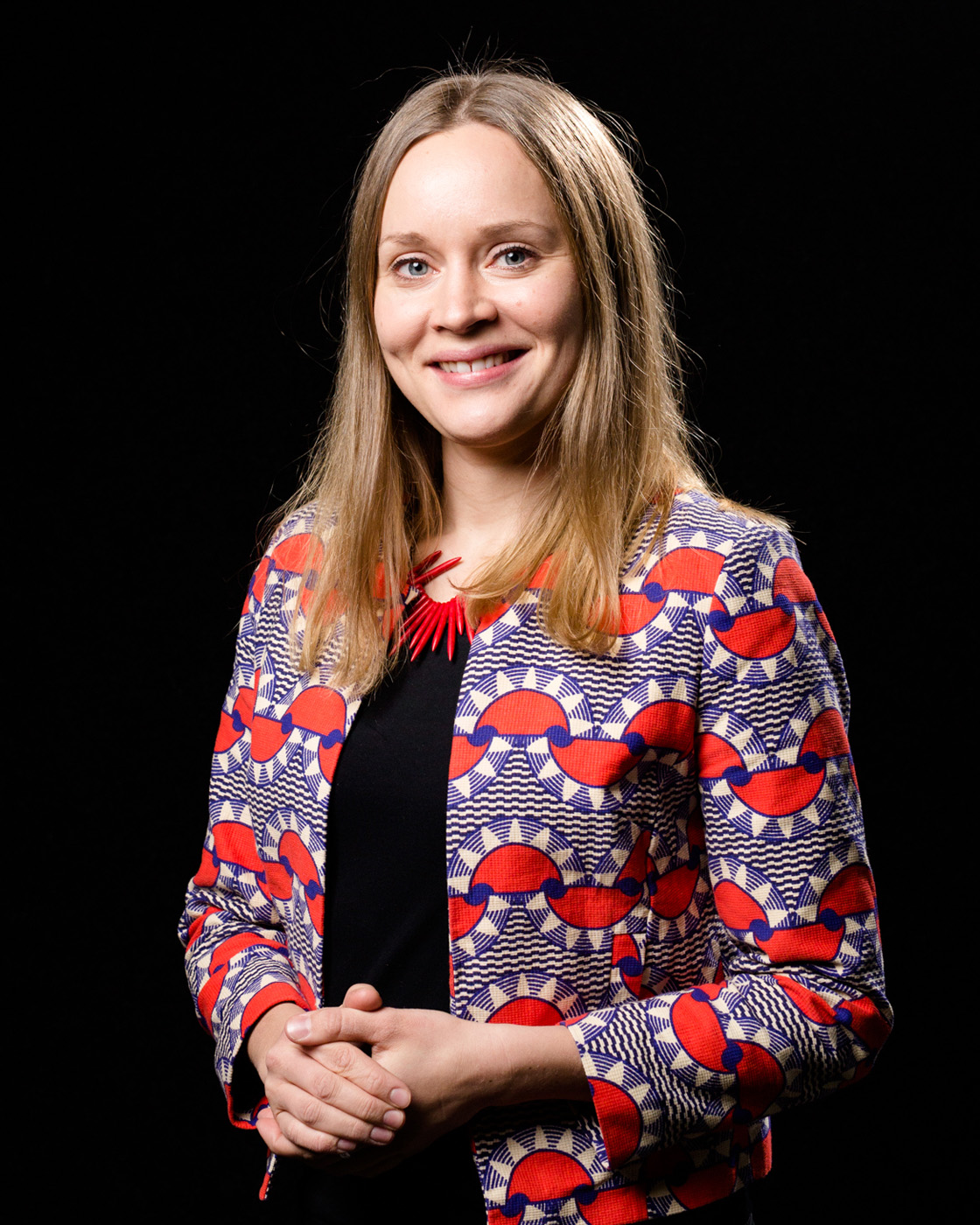
LATEST